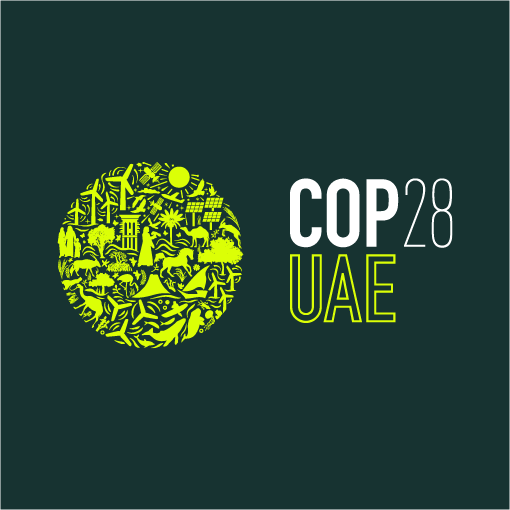COURSE
Materials Management – Reducing Embodied Carbon
REGISTRATION DEADLINE
November 15, 2023duration
4 weeksDelivery Method
Face-to-face or Online*VR - IMMERSIVE LEARNING
Experience the future of learning in our metaverse classroom, powered by VRWhy choose this course?
Position yourself at the forefront of a rapidly-evolving industry
Network with your industry peers globally
Drive policy change and transition towards sustainable materials management
Gain a competitive edge in your industry
Foster creativity and promote innovation in your organization hub
Identify investment opportunities and capitalize on emerging trends
Explore the latest strategies and technologies for sustainable materials management
Master design & implementation of sustainable materials management solutions
Support UAE and global agendas at COP28 beyond
course topics
Gain knowledge and acquire new skills through the following modules:
key takeaways
Explain the concept of embodied carbon and its impact on the lifecycle of construction materials in the context of climate change.
Formulate strategies for embodied carbon reduction through informed material selection, efficient use, waste management, and consideration of material longevity in construction.
Apply measurement and assessment tools, such as the Life Cycle Assessment (LCA), to track and reduce the embodied carbon of construction materials.
Analyze case studies of embodied carbon reduction in materials management and predict future trends that could further reduce embodied carbon in construction materials.
who is this course for?
Energy specialists.
Civil engineers, Interior designers and Architects.
Governmental professionals and Sustainability consultants.
Manufacturers.
Product designers.
course instructors
SEE Institute courses are created and delivered by the leading industry and education experts, who are at the forefront of sustainable change.
Our faculty comprises experienced engineers who possess practical knowledge and skills for creating sustainable cities and are making headlines with their innovative perspectives.
By joining us, participants have the unique opportunity to learn from and network with our experts, gaining valuable insights and connections that can benefit their personal and professional growth.
Dr. Mohamed Irfan
Program Director
Dr. Irfan is our experienced Program Director responsible for continuously evolving our curriculum to anticipate future developments and innovation.
He works closely with leading experts to expose students to diverse perspectives and uses unique innovation frameworks and strategies to help students move from concept to action, fostering a culture of continuous learning and growth. Go from ‘thinking’ to ‘doing’ with Dr. Irfan’s guidance and expertise. He manages programs with world-class faculty to provide students with the highest quality education.
register now
Please fill up the form below





